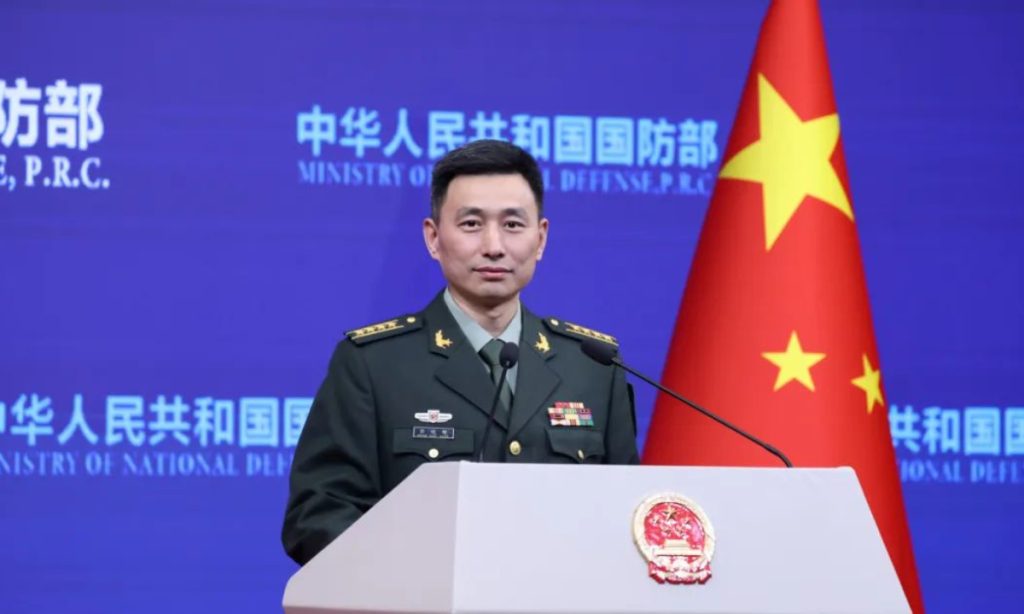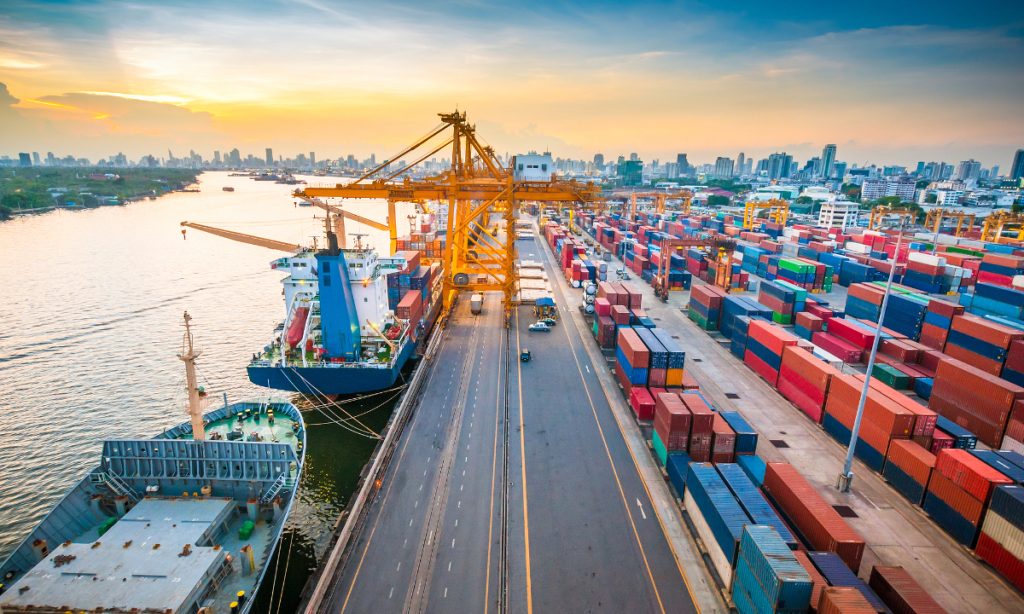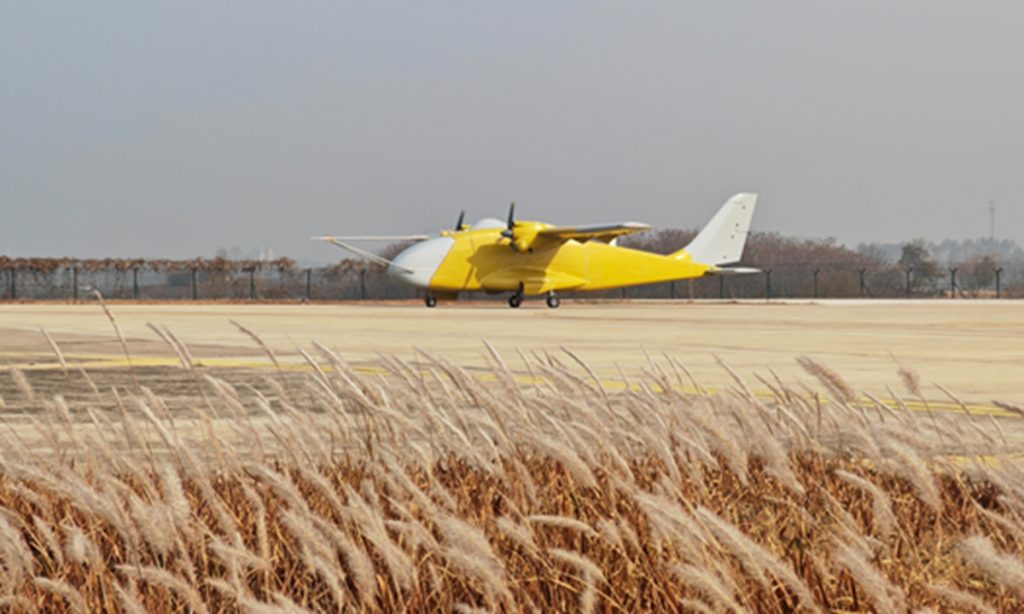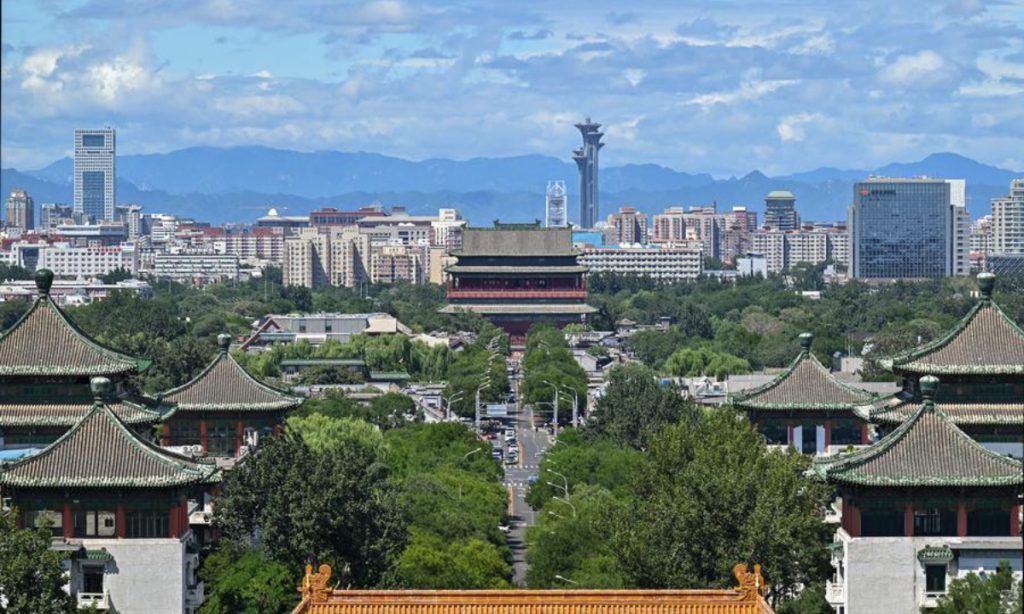Consumption, innovation set to boost China's economic growth momentum

As China's two sessions have set the economic growth target of around 5 percent for 2025, economists and analysts have highlighted boosting domestic consumption, fostering high-tech growth and healthcare-related sector as some of the key grippers to drive the growth momentums of the world's second-largest economy.
During this year's two sessions, which concluded on Tuesday, thousands of national lawmakers and national political advisors have been briefed about the development situation of the country and they have expressed full of confidence that China will achieve its socio-economic goals set for the year.
Year 2025 also marks the final year of China's 14th Five-Year Plan (2021-25) period and is also crucial to crafting the next five-year blueprint.
On March 5, China set an annual GDP growth target of around 5 percent for 2025, according to the Government Work Report. Other economic targets were also unveiled, with the deficit-to-GDP ratio being set at approximately 4 percent while the surveyed urban unemployment rate was targeted at around 5.5 percent. The country also eyes over 12 million new urban jobs, and an around 2 percent increase in the consumer price index.
Economists said given domestic pressure and external headwinds, China's economic policies in 2025 will focus on the expanding domestic consumption, carrying out more key large projects, tapping the vitality of the private-sector, fostering high-tech growths, ensuring the coordination of fiscal and monetary policies, while effectively preventing and defusing risks in key areas and ensuring that no systemic risks arise.
Concerning some foreign media outlets' questions on China's economic prospects, Chinese analysts said the country's economic plan is clearly drawn and well-laid, with fiscal support expected to be frontloaded in the first quarter, followed by enhanced investment in major projects, while the push to expand domestic demand continues.
Consumption a priority
Zhang Jianping, deputy director of the academic committee at the Chinese Academy of International Trade and Economic Cooperation, told the Global Times on Wednesday that it is expected government at all levels will increase efforts in expanding consumption and bolstering investment this year in accordance with the arrangements laid out by the central government.
"In particular, the progress on key infrastructure projects will be accelerated, private-sector participation to big projects will be further encouraged, and eligible real estate companies are expected to secure more loans," Zhang said.
For consumption, the trade-in programs, which has propelled retail sales growth of durable goods including home appliances to double-digit growth, will continue to provide growth impetus to the economy with its expanded scale, Zhang said, noting that this year will likely see a marked rise in sales of consumer products newly added in the trade-in programs.
Ultra-long special treasury bonds totaling 300 billion yuan ($41.31 billion) will be issued to support consumer goods trade-in programs, according to the Government Work Report. The amount doubles the 150 billion yuan arranged in the third quarter of last year.
Cao Heping, an economist at Peking University, told Global Times on Wednesday that recent signals suggest a more proactive approach in 2025, with fiscal funds likely to be funneled through banking and non-banking institutions in the first quarter to accelerate policy coordination at local levels. "The funds are usually allocated in the first quarter," Cao said.
Dong Shaopeng, a senior research fellow at the Chongyang Institute for Financial Studies at Renmin University of China, stressed accelerating equipment upgrades and trade-in programs while boosting spending in tourism, electronics, entertainment, elderly care, and healthcare to strengthen consumer confidence and drive demand.
In the meantime, efforts will also focus on stabilizing the property market and the stock market to maintain household wealth expectations while encouraging investment from both state-owned and private enterprises, Dong said.
All three experts believe China still has room for monetary policies to support fiscal measures.
"This year's Government Work Report outlined several ongoing policies, with boosting domestic consumption remaining a top priority. Over 300 billion yuan in special treasury funds will be allocated to support commercial consumption. The move is significant, and swift implementation is expected," Li Qingbin, research fellow at the Institute of Economic Research of the National Development and Reform Commission, told the Global Times on Wednesday.
New highlights
Tapping the potential of technologies will also be one of the highlights this year, as fostering sci-tech innovation has become a key buzzword in the Government Work Report, according to experts.
With the success of homegrown high-techs from DeepSeek's artificial intelligence (AI) chatbot to UniTree's humanoid robot grabbing eyeballs since the start of the year, economists and analysts said further tapping China's sci-tech advance, such as the implementing of the " AI Plus" strategy, will further inject growth momentum into the economy.
"Deep learning models like DeepSeek are emerging as new growth drivers, integrating AI with sectors such as healthcare and advanced education to create fresh economic opportunities," Cao said. He added that with stronger policy support, this field is poised to become an investment focus, accelerating implementation and further enhancing the profitability of the digital economy.
China vowed to establish a mechanism to increase funding for industries of the future and foster industries such as biomanufacturing, quantum technology, embodied AI, and 6G technology, per the Government Work Report. The large-scale application of new technologies, products, and scenarios is also stressed.
High-tech areas have proved to be a major driver for boosting investment. In end February, Chinese e-commerce giant Alibaba announced plans to invest at least 380 billion yuan in its cloud computing and artificial intelligence infrastructure over the next three years.
Experts also said addressing people's needs will also be a major growth driver.
Tian Xuan, associate dean of Tsinghua University's PBC School of Finance, told the Global Times that the central government has laid out detailed measures and policies to foster economic growth in 2025, supported by a moderately loose monetary policy, a more proactive fiscal policy, advancements in hardcore technologies, people-oriented investment and a strong emphasis on innovation.
Traditional industries are facing diminishing returns in driving growth, while new opportunities are emerging in key public welfare sectors like healthcare, medical services, and advanced education, Cao said. "With fiscal and monetary support, these industries are set to become investment priorities and translate into concrete projects."
Full support
China is due to release its economic data for January and February on March 17.
Economists at global investment bank Citi have revised their forecast for Chinese GDP growth to 4.7 percent this year from 4.5 percent, partly on a boost from investment in AI.
Li with the NDRC noted that in addition to overall economic growth, policymakers may attach more attention to consumer price levels than what they had done in previous years.
The NDRC expert said that 5 percent growth target is a guiding indicator, backed by thorough government assessment despite some forecasts by foreign financial institution that suggest otherwise. "If signs of economic strain emerge, policymakers will step up support to maintain growth," the expert said.








